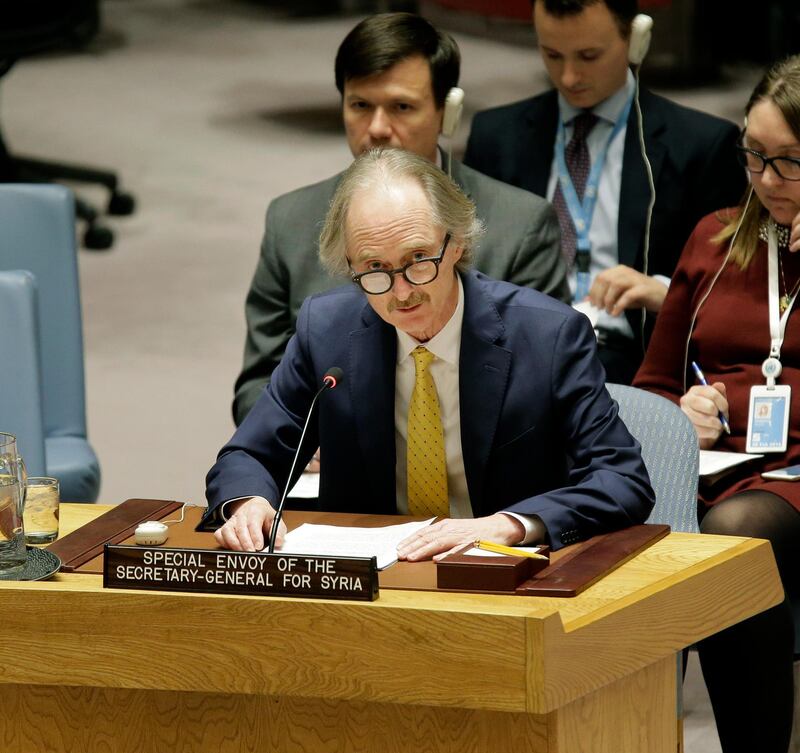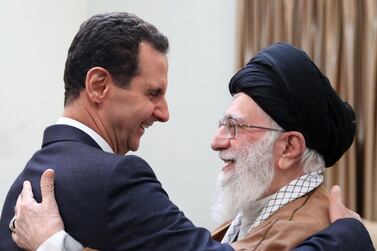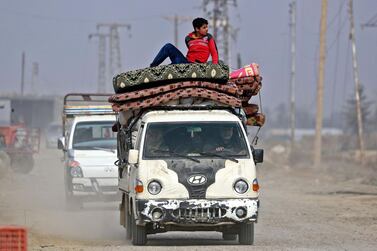The UN's special envoy on Syria on Thursday hinted at a new strategy for ending the war that would start with a push for more detainees to be released.
Geir Pedersen's remarks were the clearest signal yet of moves to revive diplomatic momentum for peace, as well as move on from a narrow and unfulfilled initiative about a new constitution that dominated the final months of his predecessor, Staffan de Mistura.
Mr Pedersen, who took up his post as the UN secretary general's special representative for Syria eight weeks ago, said 42 people detained or abducted by President Bashar Al Assad's regime had recently been released in an operation conducted by Russia and Turkey.
“We need to scale up and prioritise action on this issue which is of immense humanitarian importance and is also an essential part of building confidence,” Mr Pedersen said in his first briefing to the UN Security Council in New York.
“We are intensively engaging on this issue with the parties, and in key capitals. We are eager to get more meaningful progress to be unlocked in the period ahead.”
Mr Pedersen has spent the past two months visiting the capitals of the countries most involved in or with the greatest potential to influence the Syrian conflict, namely Moscow, Ankara and Tehran. He visited Damascus on January 15, and has met members of the Syrian opposition. He told the Security Council he would be in Washington on Tuesday ahead of future trips to London, Beirut, Amman and Beijing.
Mr de Mistura, who held the post of special envoy to Syria for four-and-a-half years until leaving in December, spent the end of his tenure trying to set up a committee to draft a new Syrian constitution. As he did so, however, fighting continued and the country's humanitarian situation appeared to take a back seat as Mr Al Assad regained territory and a years-long UN-led peace effort out of Geneva foundered and was overtaken by a parallel effort headed by Russia, Iran and Turkey.
Mr Pedersen told reporters after Thursday's briefing that the constitutional effort launched by Mr de Mistura would continue but it was only one part of efforts to turn around what has become a moribund peace process.
“We are doing a lot of work in parallel. We see the constitutional committee as one natural element of Security Council resolution 2254, but I said in the briefing, not the only one,” he noted, referring to the UN measure adopted on December 18, 2015, which called for a ceasefire and political settlement in Syria.
“It is extremely important that we work on the other issues and I was mentioning, in particular, building trust, with the government in Syria and with the SNC (Syrian Negotiations Commission),” Mr Pedersen added.







